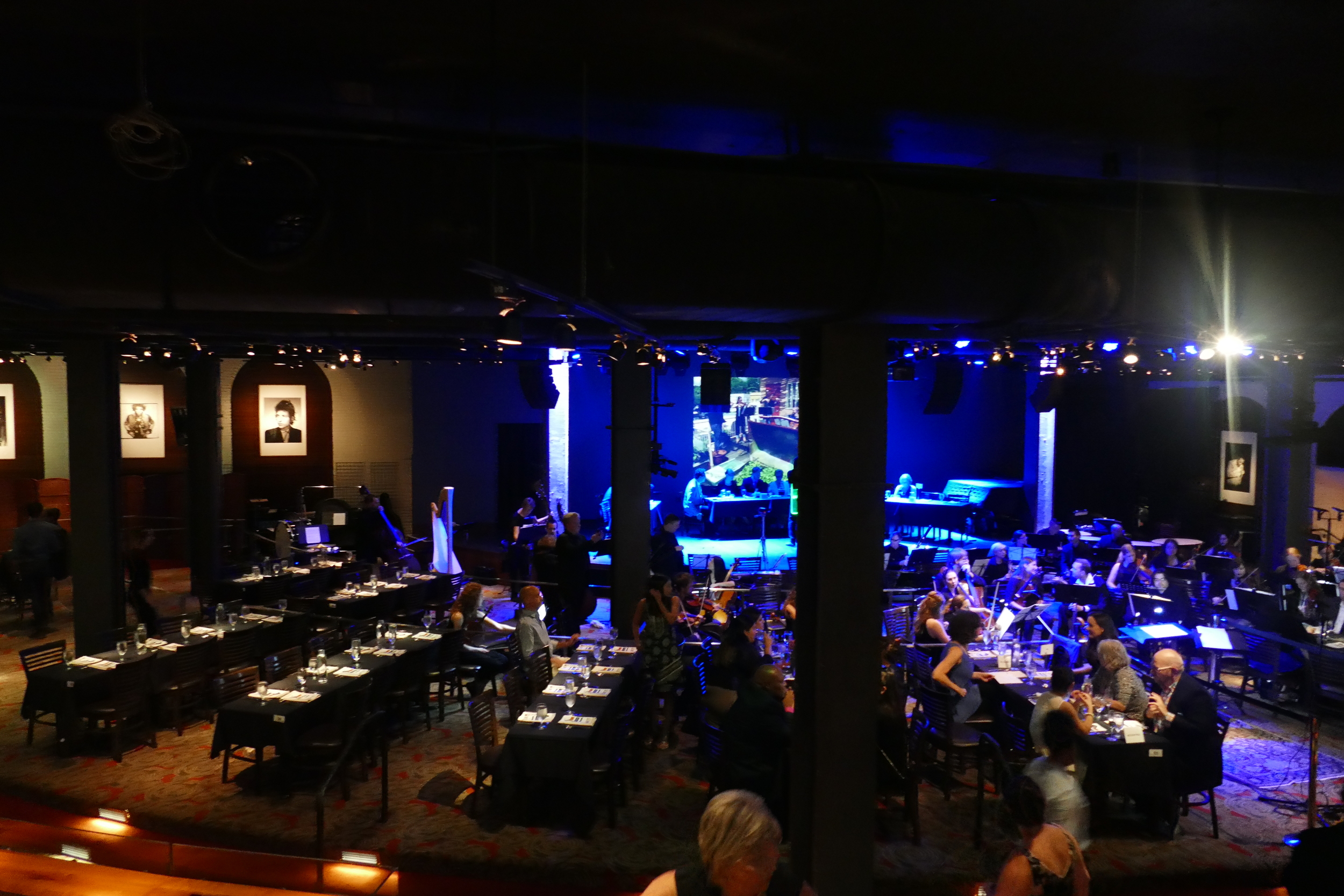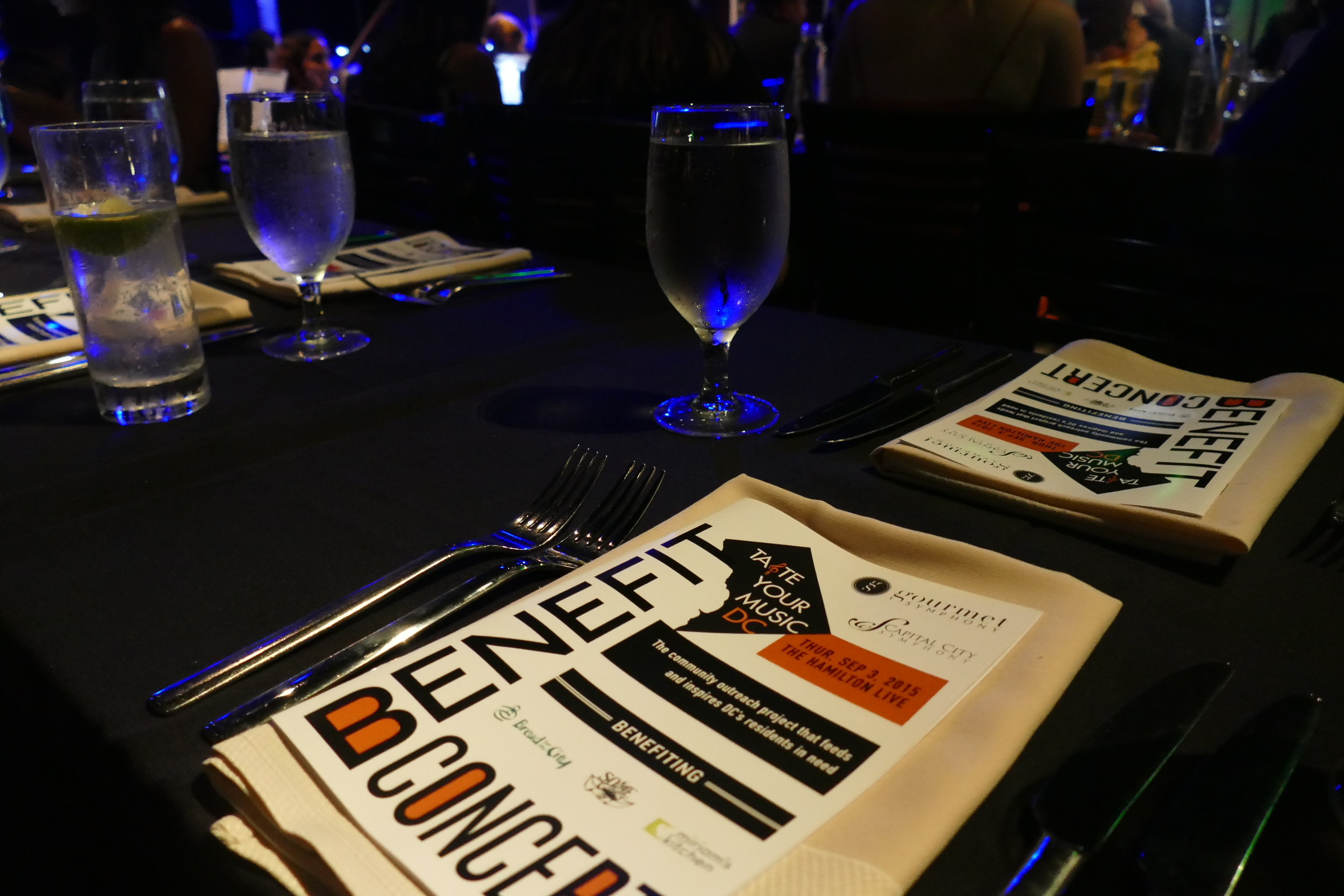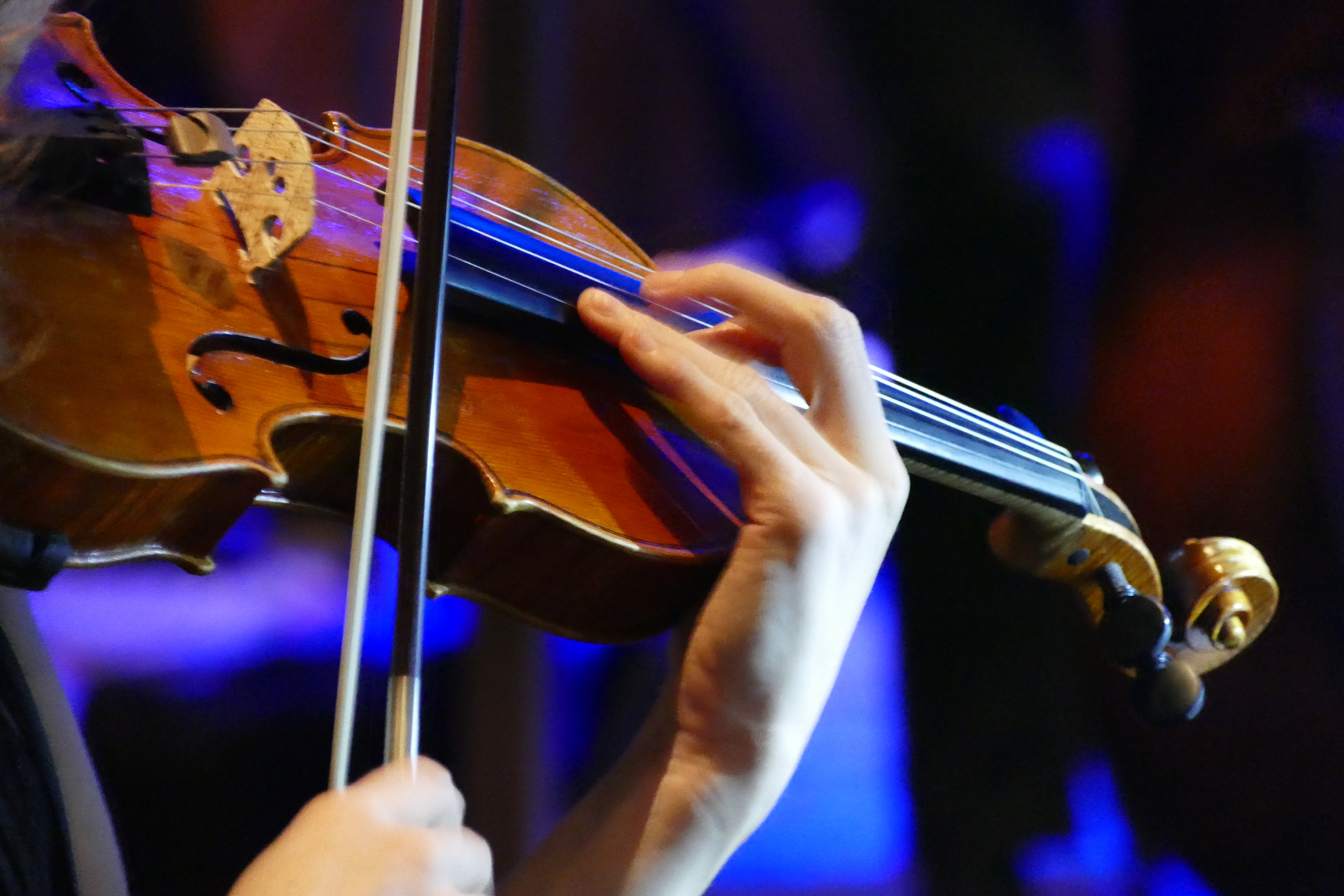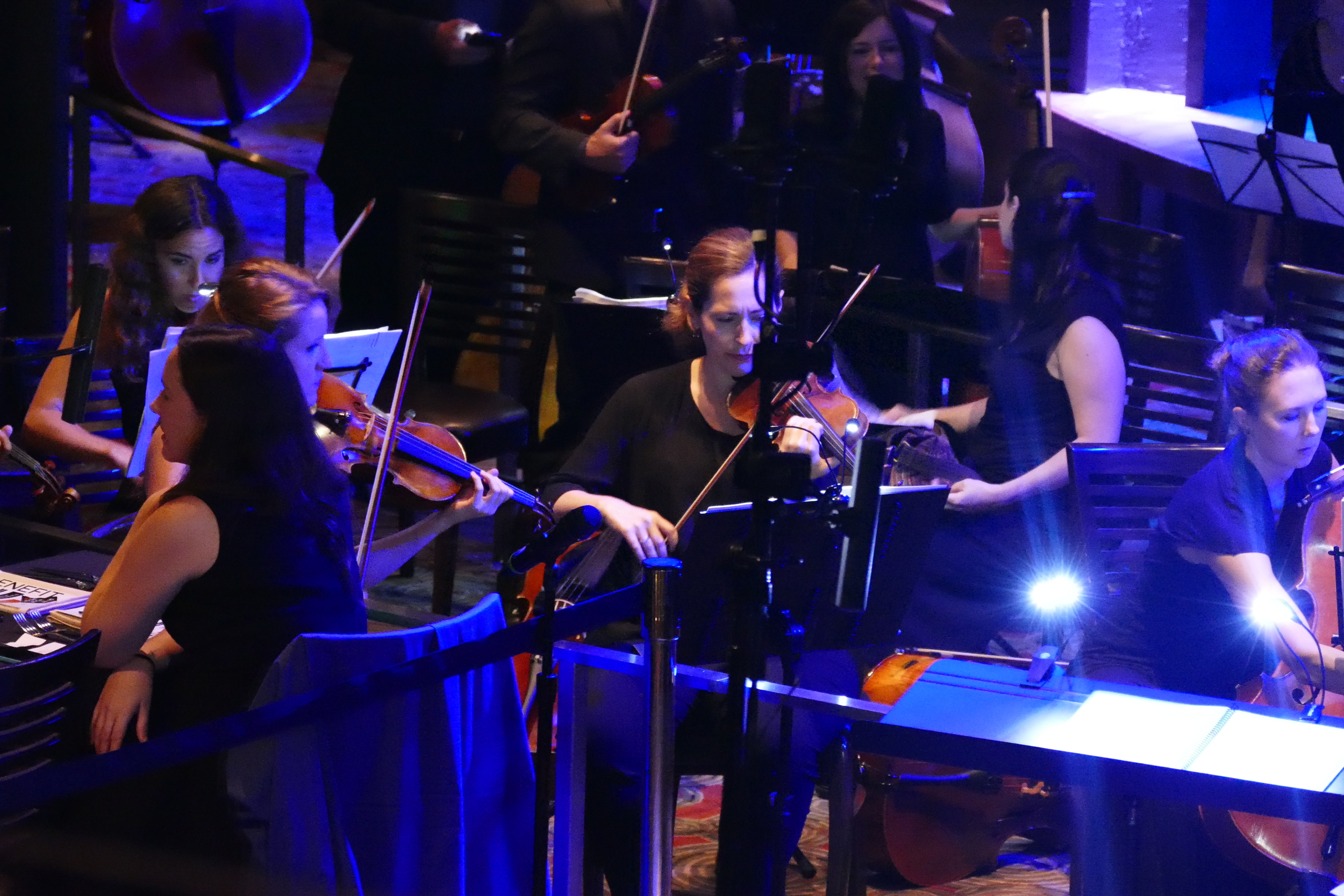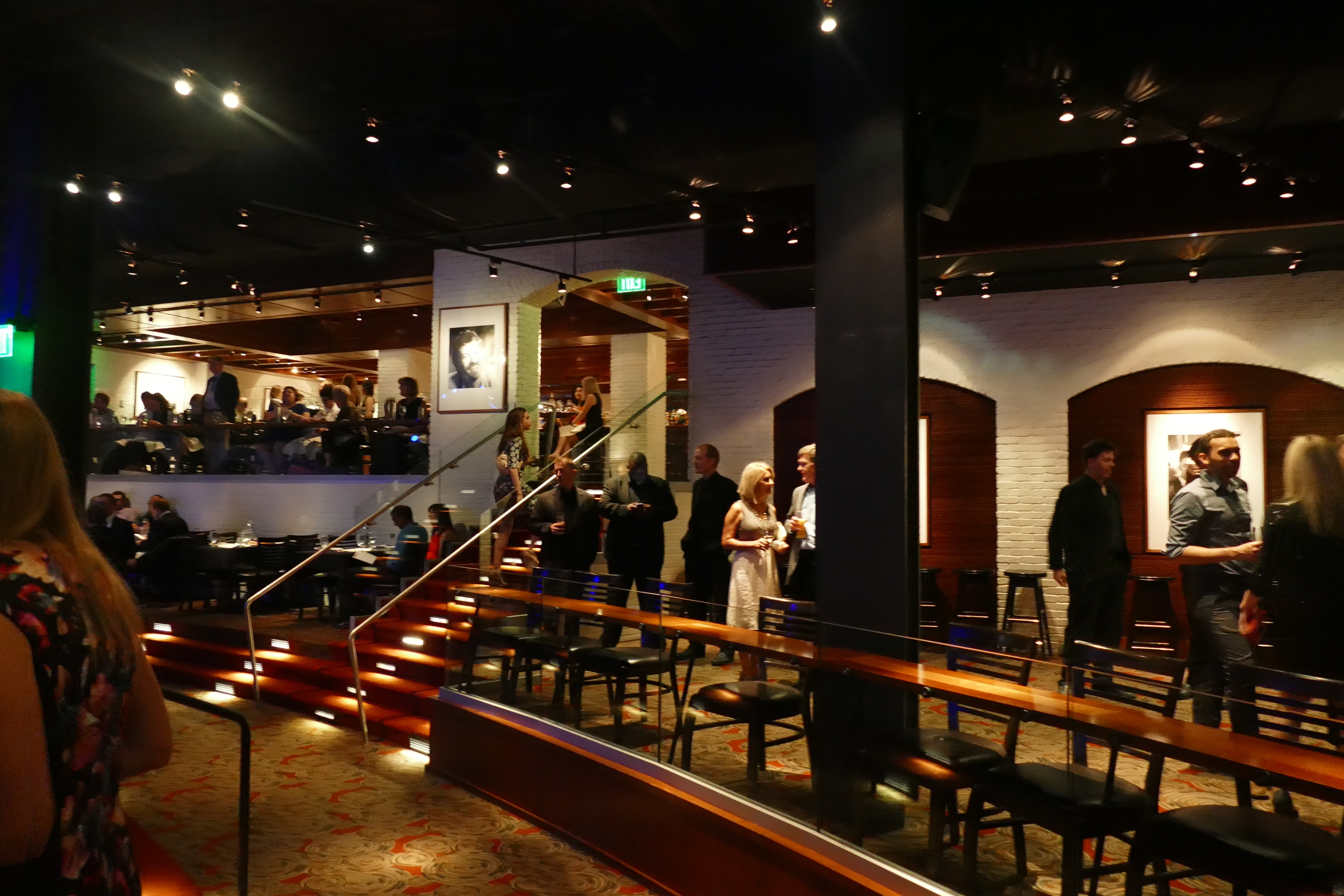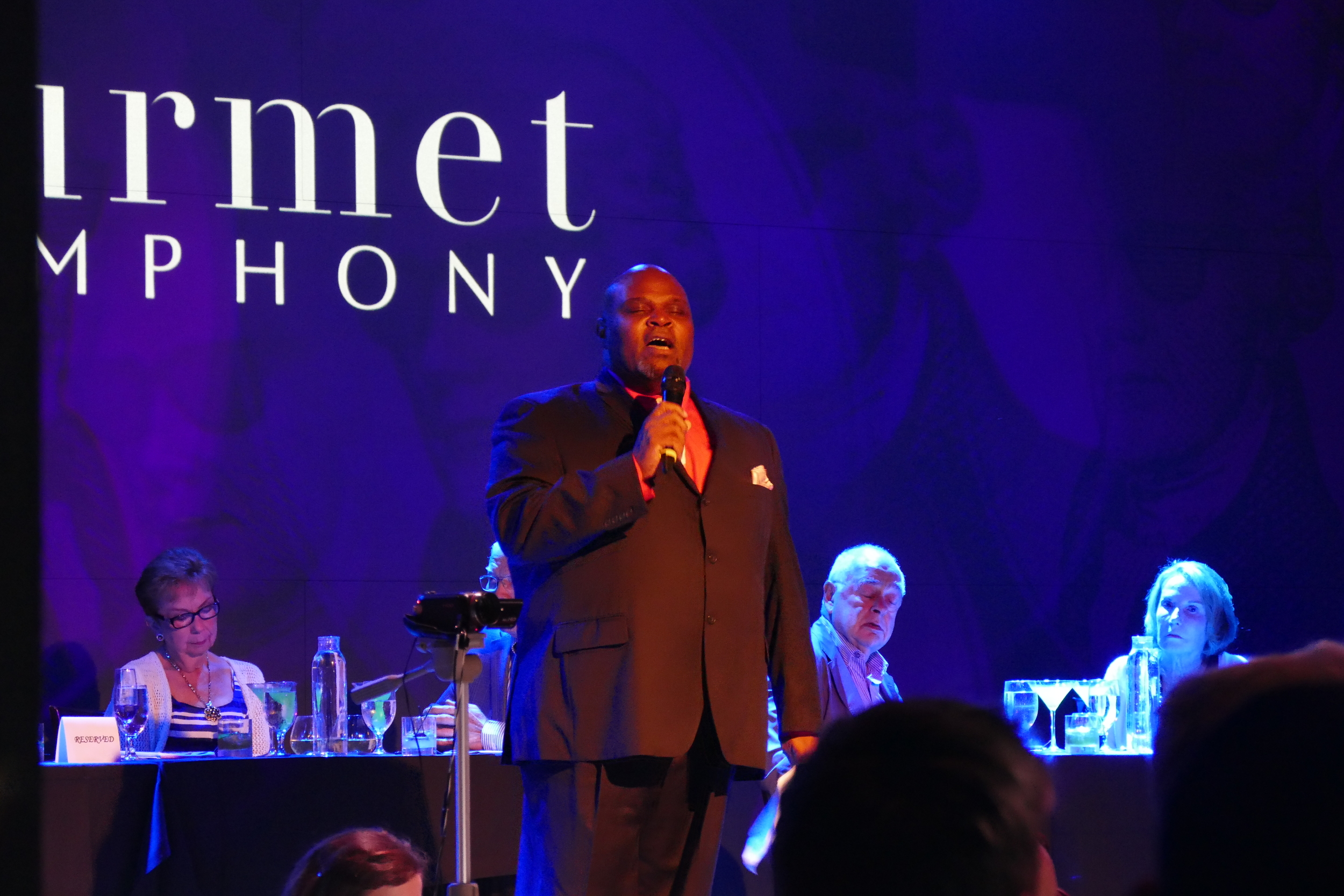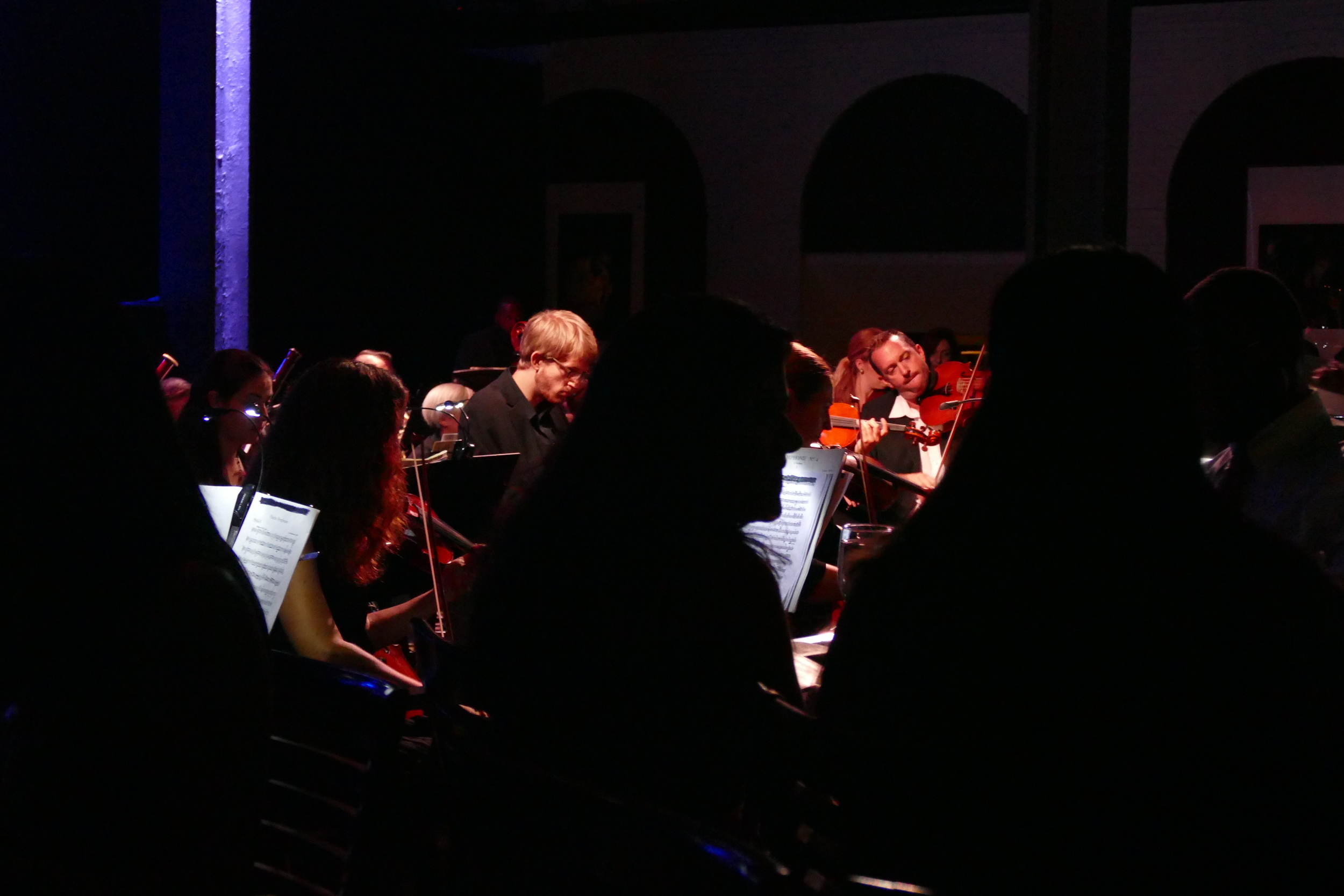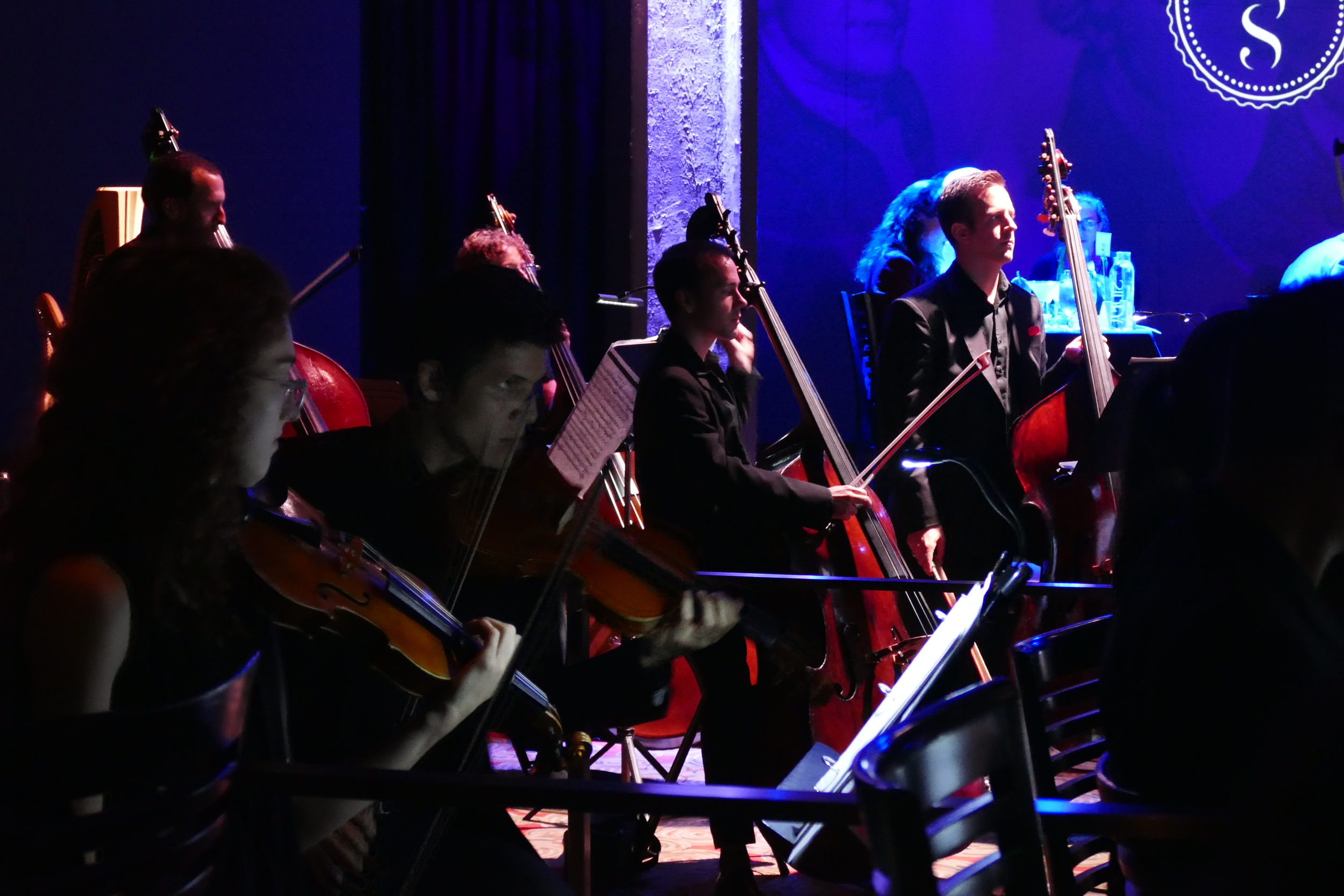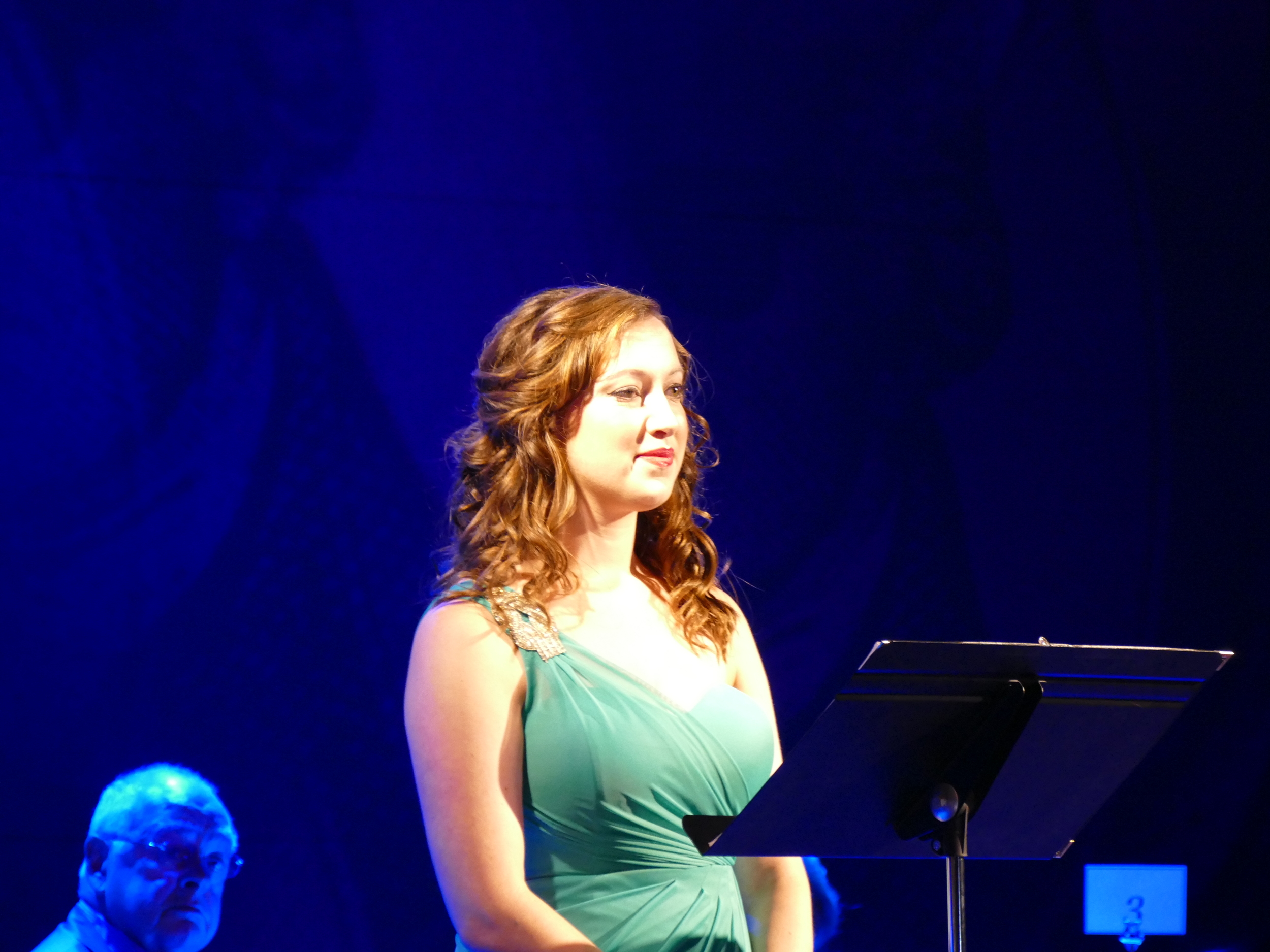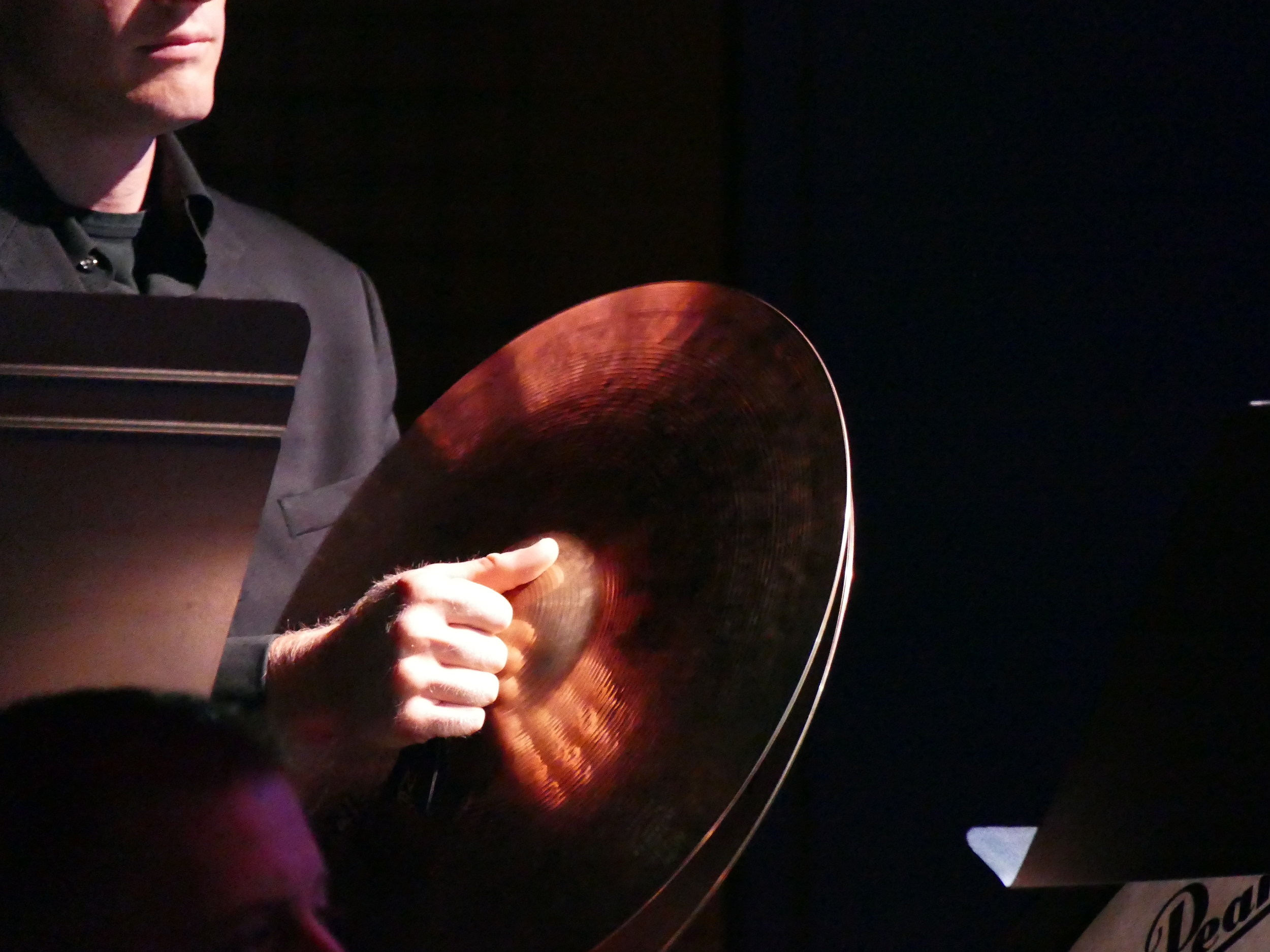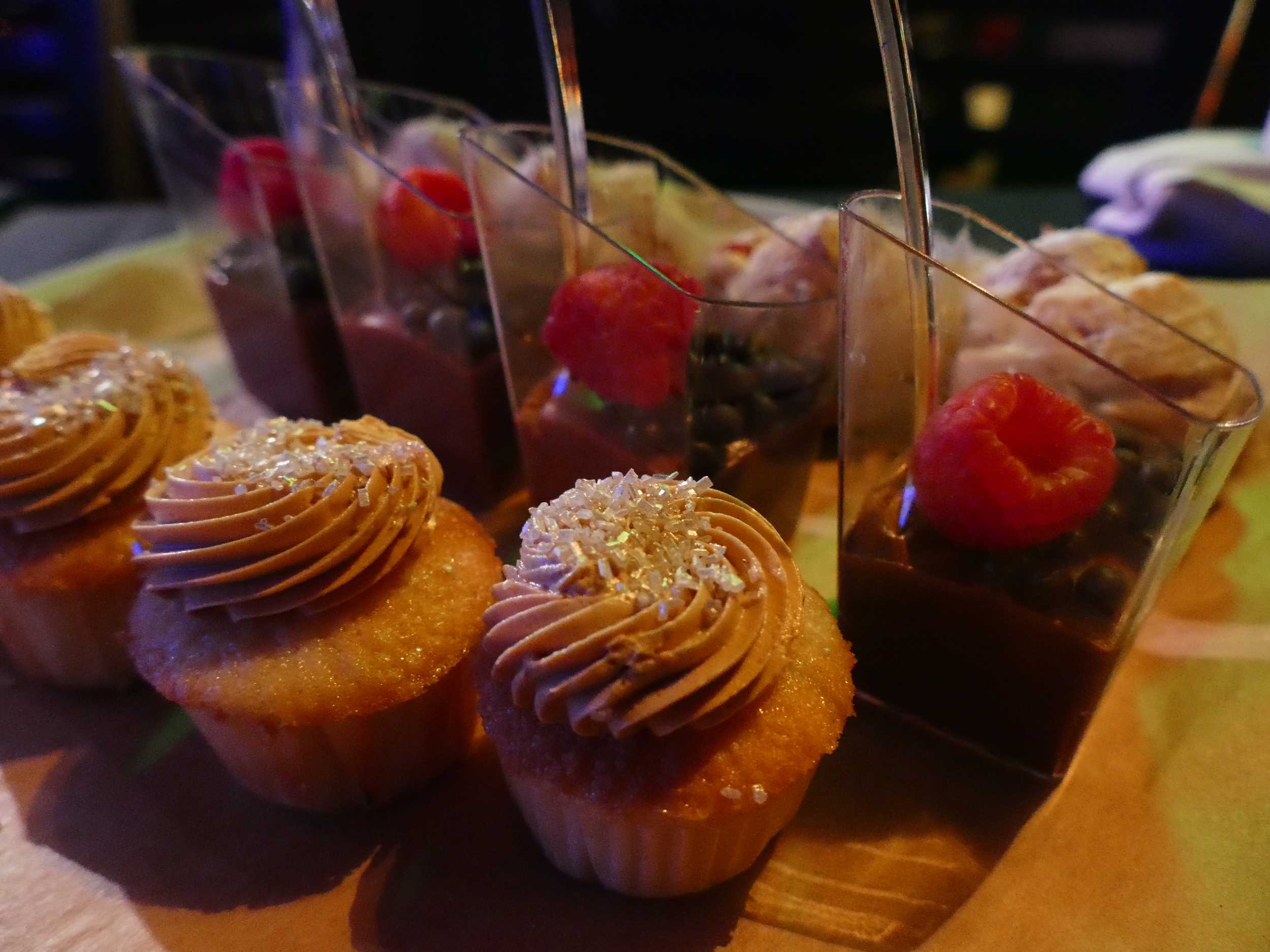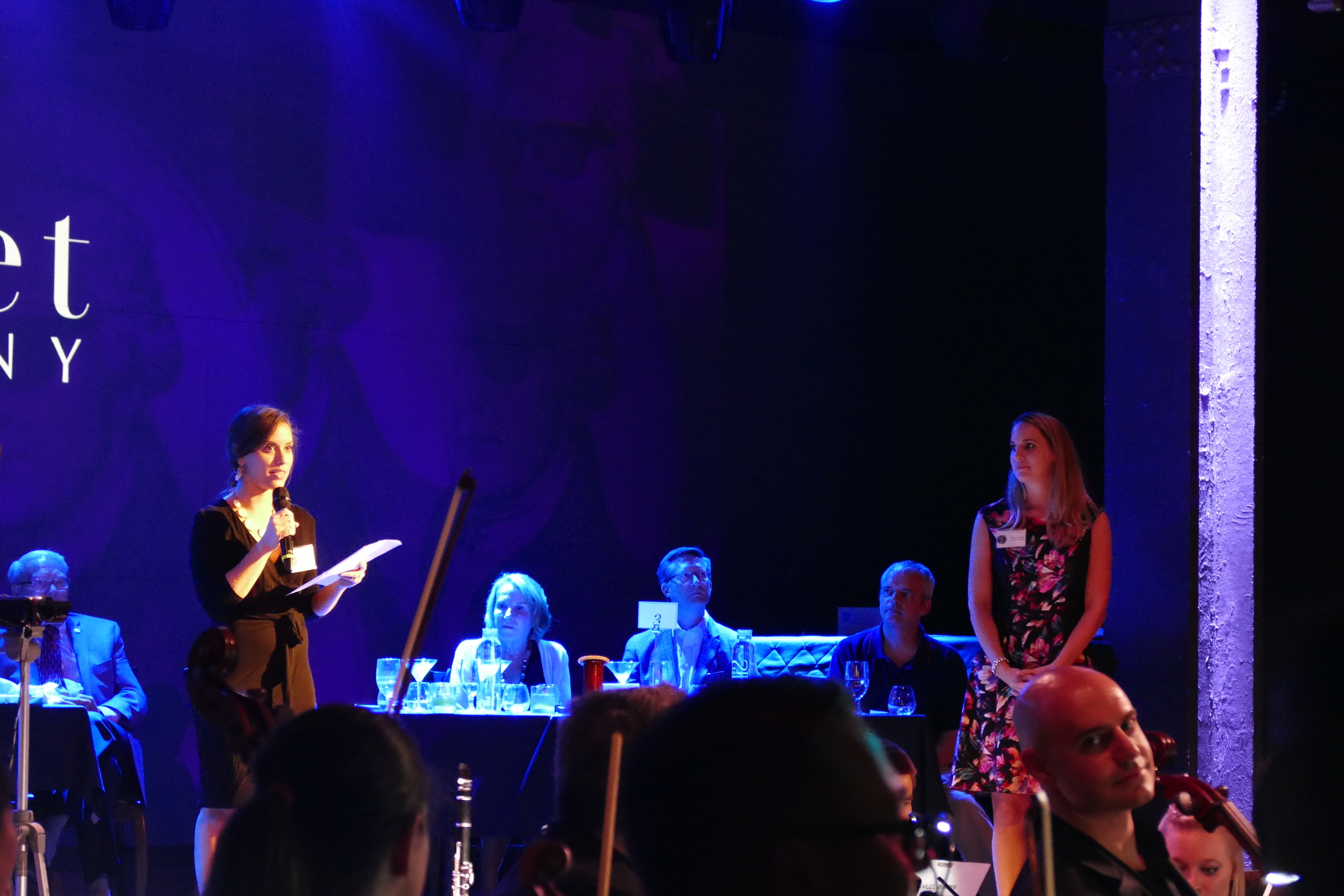1. One day, 5-year-old Hannah Taylor saw a homeless man eating out of a garbage can in her hometown of Winnipeg, Manitoba. She didn’t know why and wanted to help the man and those like him. She started The Ladybug Foundation to help find shelter, safety and food for the homeless. Hannah, now 18, has raised more than $3 million for Canada’s homeless and has even started another charity, The Ladybug Foundation Education Program, which encourages school children to make a difference.
2. Alex Scott received a neuroblastoma diagnosis at age 4. To fight back, she created Alex’s Lemonade Stand to raise money for children’s cancers. Once a year, she set up a stand in her front yard. Word spread and others started making their own Alex’s Lemonade stands. Shortly before young Alex died at the age of 8, Alex’s Lemonade Stand Foundation raised $1 million. The foundation is still going strong today.
3. Craig Kielburger was 12 when he saw the story of boy his age who had been murdered for speaking up about human rights and slavery in Pakistan. From that moment, he knew he needed to help. Craig, along with his older brother and several classmates, decided to speak out against child slavery. They established Free the Children to bring an end to child slavery. After realizing freeing children from slavery was not the only problem, Craig began Adopt a Village, a program that gives the village the tools needed to empower themselves out of poverty.
4. Leanne Joyce has a congenital heart problem. Back in 2010 while waiting for her test results, she was given a gift by two of the hospital volunteers. The joy of receiving the gift made her forget about being in the hospital. Seeing that others care, Leanne wanted to give back to other children in hospitals to help them be happy too so Leanne established Positive Impact for Kids. Since then she has brought joy to hundreds of children. She has goals to make the stays of children and teens in the hospital better by raising money for iPads to keep them socially and educationally engaged.
5. Austin Gutwein created Hoops of Hope after seeing how children whose parents died of AIDS were suffering. On World AIDS Day in 2004 he shot 2,057 free throws to represent the number of children losing their parents to AIDS. Austin raised almost $3,000 for World Vision to help 8 of those children. To date, Hoops of Hope has raised more than $2.5 million to help children get food, clothing, schooling and more. Parts of the money also goes to help buy mosquito nets, clean water and more to children in Malawi. This year they are working toward their goal of building 15 new dormitories for children as the current ones are overflowing with children that live too far away from the schools.
6. Jonas Corona created Love in the Mirror at age 6 after volunteering to feed the homeless in the LA area. He noticed that there were many children who were in line for food in clothes that did not fit them. All he wanted was to make these children happy and healthy. He started Love in the Mirror to provided families in need with the necessities of life.
7. Who run the world? Girls! Shannon McNamara launched Shannon’s After-School Reading Exchange in 2008, when she was 15 years old. While planning a mission trip to Africa, Shannon learned that many girls were not able to access education. Shannon, along with neighbors, friends and family gathered books and supplies to give to the girls of Africa. Since then SHARE has helped build school libraries and created scholarships in Tanzania. Recently they launched a Keep Girls Safe Initiative.
About the Authors: Ashley Angeline and Sarah Nylen are interns with the Daily Do Good. Sarah, an American University junior, dreams of lazy beach days in her coastal Massachusetts hometown, while striving to be a marketing major for a socially responsible company in DC. A communications student at the University of Cincinnati, Ashley aspires to be a broadcast journalist. And to marry Prince Harry.

